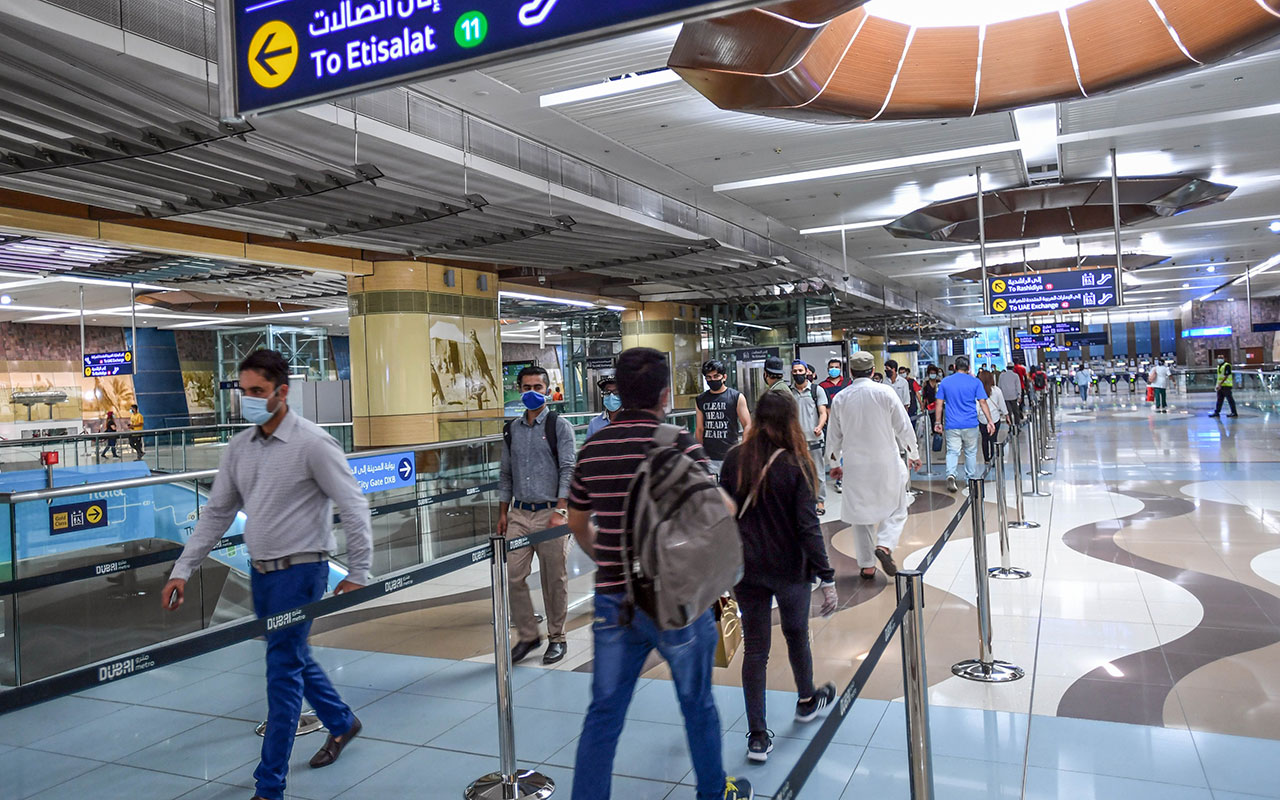Roads and Transport Authority embarks on trial phase of using artificial intelligence to streamline demand for metro services
Dubai’s Roads and Transport Authority (RTA) has embarked on a trial phase of using artificial intelligence and simulators to streamline the demand for metro services.
The transport authority said the technology should assist in crowd management during peak hours at some metro stations or public events which create increased demand.
The results of the trial are currently under review to “verify their feasibility”, with the aim that the AI project will be rolled out in the near future.
#RTA has embarked on a trial phase of using artificial intelligence and simulators to streamline the demand for the metro service. https://t.co/6pqh6VIL3f pic.twitter.com/AaharBPrEg— RTA (@rta_dubai) January 3, 2021
“The project aims to develop a smart and interactive system responsive to the needs of the metro riders. The project seeks to propose convenient transit timing for metro riders through understanding the demand pattern of the service and adjusting it to control overcrowding,” said Ahmed Mahboub, executive director of Smart Services, Corporate Technology Support Services Sector, RTA.
“We had experimented with the use of artificial intelligence and machine learning technologies to propose specific transit timings for riders in a bid to streamline the demand for the metro service and spread it over longer durations. The process requires the development of a model to simulate train journeys throughout the day. It uses nol cards data, metro demand algorithms, and a screen to display and understand detailed passenger journeys,” explained Mahboub.
He said results of the pilot project indicate that trains serve about 40-80 percent of those at certain stations during peak times and public events, which is reflected in crowds and more frequent journeys.
He added that the simulation model showed that passenger flow during peak hours will result in spells of congestion and longer waiting time for riders before boarding the metro but the use of AI reduced the congestion from 40 percent to 60 percent, and the waiting time to 30 minutes.
Source: Read Full Article










